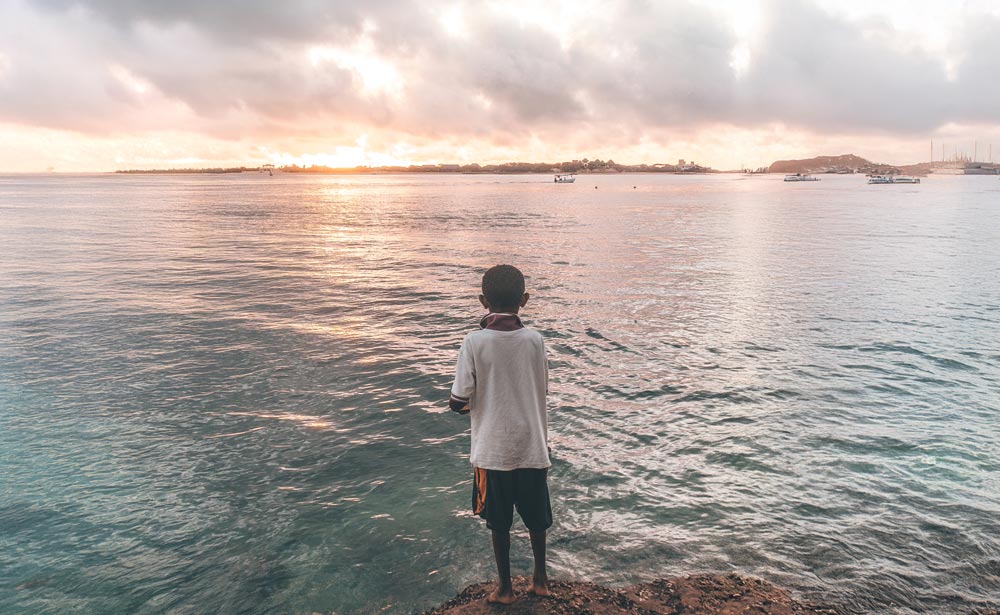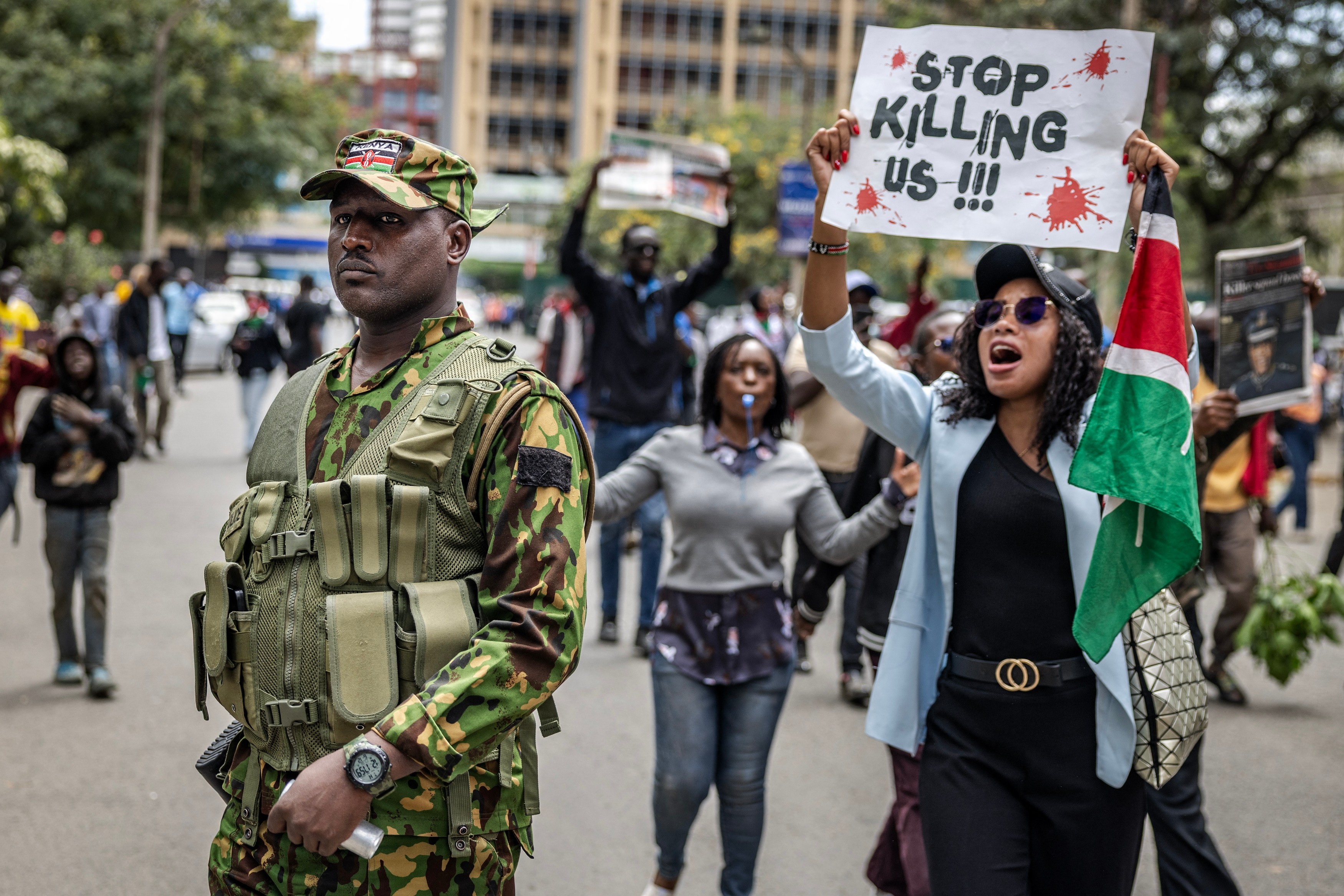
Surviving Kano Plains; a Homecoming in the Heat
Have you ever looked back at your life and quietly asked yourself how you survived? Not in a dramatic, life-flashing-before-your-eyes way. Just a quiet pause in between sips of tea or a moment staring out of a window—wondering how you made it past certain days, certain places, certain odds. That’s what coming back home does. It reminds you.
Because when you get used to moving forward, the memory of where you started can get a bit foggy. Until you’re back on familiar ground, blinking in the same sun that once bore down on your childhood with the weight of an angry god. And suddenly, it makes sense why people in places like Mombasa get labelled lazy. It’s an unfair label, really. Try being productive when the heat wraps itself around you like a punishment. This is not sunlight. It is a sentence.
I had made a loose plan for my visit home. Nothing major—just the small, sacred rituals of nostalgia. Like visiting the lake, barely 5 kilometres from our house. But the road made its own statement. It’s not a road you use when you want to arrive looking anything like you left. A short motorbike ride leaves you coated in a layer of dust so thick, it feels like a rebuke. The sun adds its own seasoning. After just ten minutes, you start imagining a kind of soap that doesn’t just clean the skin but lifts off regrets.
The dust in Kano isn’t just dust. It’s an identity. It rests on people’s foreheads like ancestral memory. I’m convinced people here don’t need law degrees. The years of dust have earned them honorary admission to the bar—seasoned advocates in survival, trained by red soil and sun. My learned friends in the city may know statutes, but folks here know struggle, and that counts for something.
Then there’s the food. People here eat like they’re preparing for a drought—or feeding a committee inside their bodies. One man’s serving of ugali here could easily feed five Nairobi men with enough left over to start a conversation about intermittent fasting. But it’s not wasteful. It’s intentional. A generous mountain of ugali, shaped with care and intention, served next to a modest amount of stew. You’d think it wouldn’t be enough, but somehow, it works.
I watched my father that day as the prayer ended. He folded his sleeves with quiet seriousness. No words. Just a subtle shift in posture. By the time “Amen” was said, he had already declared silent war on the ugali. If that plate had a soul, it would’ve wept. But it didn’t. It just sat there, absorbing the weight of a man who has eaten through seasons, silence, and struggle. And yet—there was stew left. Always some stew left. A small miracle, repeated daily.
You’d assume with the arrival of electricity and television, people would stay indoors more. That house parties might replace the old ways. But some habits are built into the rhythm of a place. In 2017, people were still attending disco matangas. The term itself deserves an explanation—but not today. What matters is that even with TV and other modern comforts, people still choose to walk at night, through thickets and narrow paths, to mourn and dance in equal measure. It’s not convenience. It’s culture.
I remembered my own odd jobs over the years—washing a cybercafé in Norwich Union in exchange for computer lessons, packaging steel wool in Industrial Area, being a ‘mtu wa mkono’ in my brother’s tile-laying business. These were not glamorous experiences. But they gave me a kind of clarity. So this December, standing under that relentless sun, it hit me just how fortunate I am to have made it out. Not just out of the place—but through the conditions that try to reduce a man’s ambition to the simple craving for shade.
I asked around—was the heat always like this? The older folks said yes, with that slight shrug that seems to say, “What did you expect?” But I don’t remember it being this harsh. The sun used to be firm, not cruel. There were trees then. They lined our fences. They guarded swamps. They whispered in the afternoons and kept the soil from turning on us. But over time, poverty and necessity made people burn their own inheritance. Trees were felled. Charcoal was sold. And the heat slowly became personal.
Now the land feels tired. Even the wind seems to carry a weight it didn’t have before.
Kisumu County—this place I still call home—has only 1,184 hectares of forest cover left. That’s 0.44 percent of its total land mass. The UN recommends at least 10 percent. That figure includes everything from towering trees to reluctant shrubs. We are not even close.
If nothing is done, we’re not just looking at a hotter future—we’re staring at a silent, steady desertification. In a region blessed with rain, this should be a contradiction. But here, it’s a reality inching closer every year.
Coming home reminded me that survival isn’t just about what we endured. It’s about what we must protect. And sometimes, even the strongest memories need shade.


